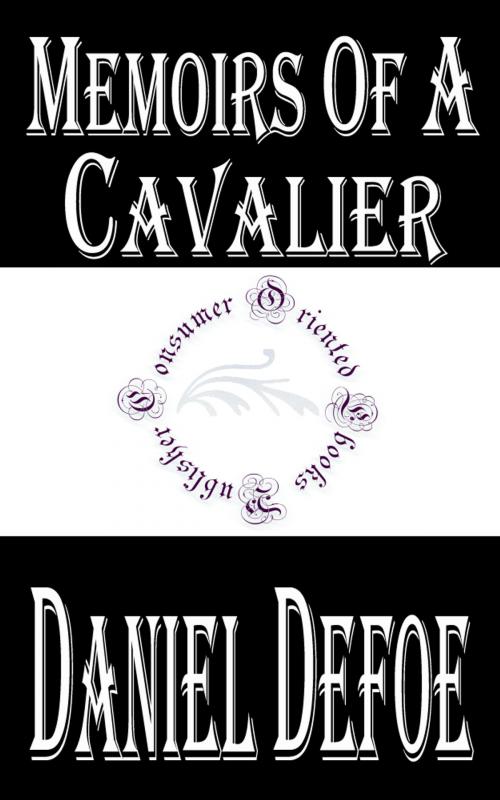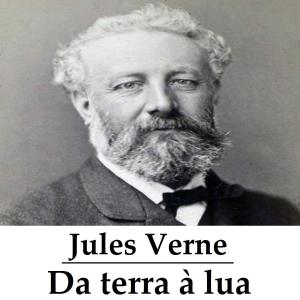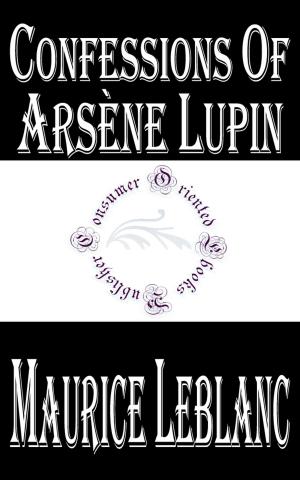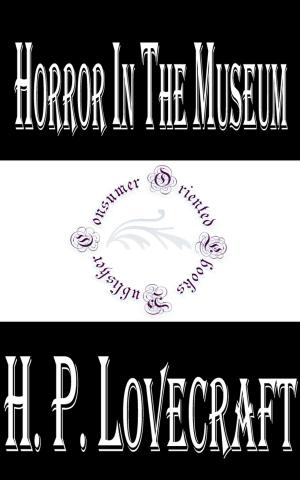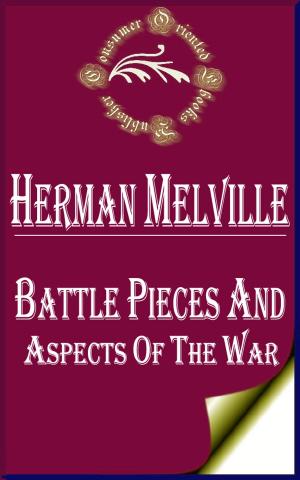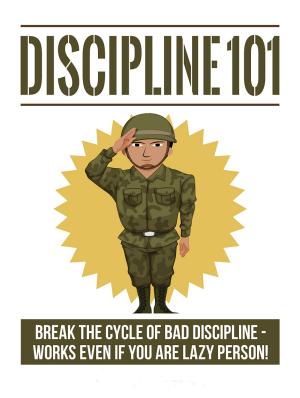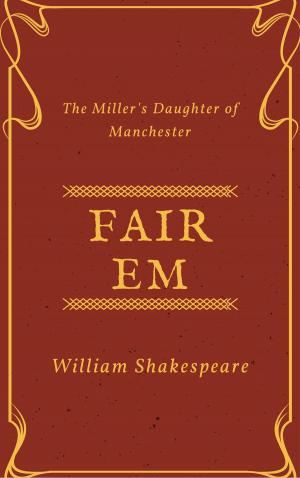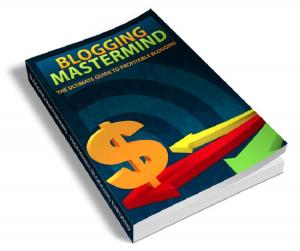Memoirs of a Cavalier (Annotated)
A Military Journal of the Wars in Germany, and the Wars in England. From the Year 1632 to the Year 1648
Fiction & Literature, Action Suspense, Classics, Historical| Author: | Daniel Defoe | ISBN: | 1230000304336 |
| Publisher: | Consumer Oriented Ebooks Publisher | Publication: | February 22, 2015 |
| Imprint: | Language: | English |
| Author: | Daniel Defoe |
| ISBN: | 1230000304336 |
| Publisher: | Consumer Oriented Ebooks Publisher |
| Publication: | February 22, 2015 |
| Imprint: | |
| Language: | English |
*This Book is annotated (it contains a detailed biography of the author).
*An active Table of Contents has been added by the publisher for a better customer experience.
*This book has been checked and corrected for spelling errors.
Daniel Defoe is, perhaps, best known to us as the author of Robinson Crusoe, a book which has been the delight of generations of boys and girls ever since the beginning of the eighteenth century. For it was then that Defoe lived and wrote, being one of the new school of prose writers which grew up at that time and which gave England new forms of literature almost unknown to an earlier age. Defoe was a vigorous pamphleteer, writing first on the Whig side and later for the Tories in the reigns of William III and Anne. He did much to foster the growth of the newspaper, a form of literature which henceforth became popular. He also did much towards the development of the modern novel, though he did not write novels in our sense of the word. His books were more simple than is the modern novel. What he really wrote were long stories told, as is Robinson Crusoe, in the first person and with so much detail that it is hard to believe that they are works of imagination and not true stories. "The little art he is truly master of, is of forging a story and imposing it upon the world as truth." So wrote one of his contemporaries. Charles Lamb, in criticizing Defoe, notices this minuteness of detail and remarks that he is, therefore, an author suited only for "servants" (meaning that this method can appeal only to comparatively uneducated minds). Really as every boy and girl knows, a good story ought to have this quality of seeming true, and the fact that Defoe can so deceive us makes his work the more excellent reading.
*This Book is annotated (it contains a detailed biography of the author).
*An active Table of Contents has been added by the publisher for a better customer experience.
*This book has been checked and corrected for spelling errors.
Daniel Defoe is, perhaps, best known to us as the author of Robinson Crusoe, a book which has been the delight of generations of boys and girls ever since the beginning of the eighteenth century. For it was then that Defoe lived and wrote, being one of the new school of prose writers which grew up at that time and which gave England new forms of literature almost unknown to an earlier age. Defoe was a vigorous pamphleteer, writing first on the Whig side and later for the Tories in the reigns of William III and Anne. He did much to foster the growth of the newspaper, a form of literature which henceforth became popular. He also did much towards the development of the modern novel, though he did not write novels in our sense of the word. His books were more simple than is the modern novel. What he really wrote were long stories told, as is Robinson Crusoe, in the first person and with so much detail that it is hard to believe that they are works of imagination and not true stories. "The little art he is truly master of, is of forging a story and imposing it upon the world as truth." So wrote one of his contemporaries. Charles Lamb, in criticizing Defoe, notices this minuteness of detail and remarks that he is, therefore, an author suited only for "servants" (meaning that this method can appeal only to comparatively uneducated minds). Really as every boy and girl knows, a good story ought to have this quality of seeming true, and the fact that Defoe can so deceive us makes his work the more excellent reading.
